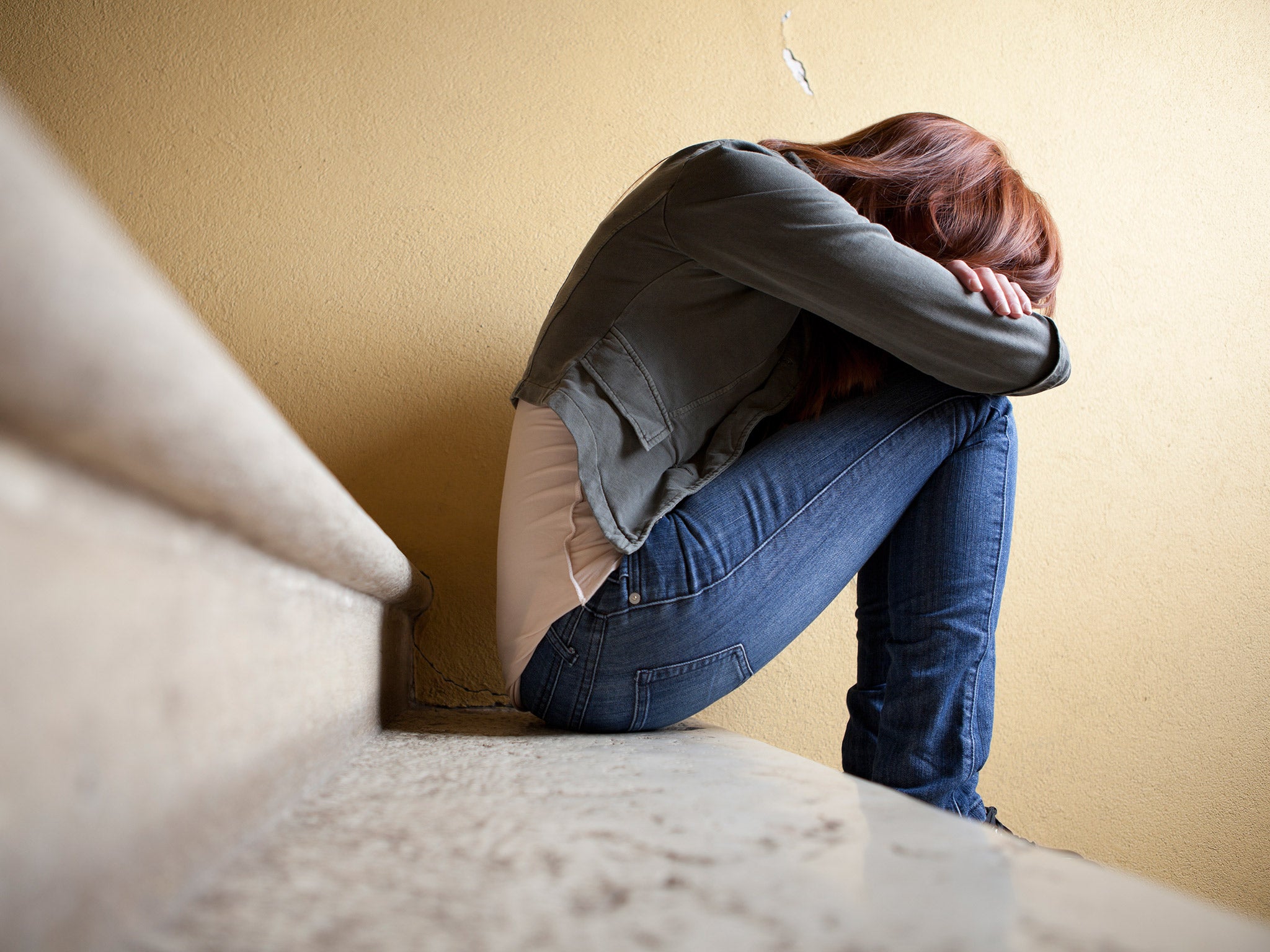The pressures for success on our teenage daughters are driving them to self-harm
Young girls, I fear, cannot be sheltered from external forces or the storms raging in their hearts and heads

I know several mums whose daughters are in total crisis and self-harming. All of them are attending independent, single-sex schools. My daughter was at one such school and although they covered it up well, the problem then was large and growing. The league tables seemed to matter a whole lot more to them than child welfare.
If I had to choose today, I would not send a daughter to a fee-paying hothouse. It was a betrayal of my equality principles and, I feel, of my child. Young lives should not be pushed so hard. But then, parents write in, whose state-school daughters are also cutting or attempting suicide. Forty-three such letters have arrived so far this year. Yes, this year, in just three months.
Mother’s Day must have been agony for the children and their mums. Imagine the guilt and sense of failure on both sides. Young girls, I fear, cannot be sheltered from external forces or the storms raging in their hearts and heads. Boys are suffering, too. But they tend to lash out, causing mayhem outside, externalising their pain.
According to NHS figures, the number of 10- to 19-year-olds in England, Wales and Northern Ireland who had to be hospitalised after self-harming shot up 25 per cent in the year to 2014. Respected children’s charities have carried out their own studies and found that 50 per cent of children aged 11 to 14 have either tried to harm themselves or know a child who has.
Today’s world is fast, unpredictable, ruthless. It is no place for fragile souls. Internet sites and relationships corrupt impressionable minds, the young are pushed and pulled by hideous competitiveness and are losing autonomous selfhood. The youngsters believe they are what others say they are and must do what others do.
Listen to Lucie Russell, the director of campaigns at YoungMinds: “This is the first generation of children that live their lives in the public domain and are under pressure to create a ‘brand me’.”
The posted profiles hide some terrible truths. Then there are the images and messages in the real world, selling sexuality, flawlessness, success and impossible ambitions.
In 2011, I interviewed a psychiatrist at the local adolescents’ help centre: “We used to get cases mainly of drugs misuse, violence, street fights, teen pregnancies and the like from the local estates. The same number of boys and girls would be referred. Often they lived in dysfunctional or low-income families. Now, most of my clients are middle-class girls, who have everything, but no self-esteem. They have been encouraged all their lives, had it all, and have ended up feeling useless and worthless.”
Another professional therapist, employed part time by a private school, says she feels helpless. Young people who come to her cannot be helped through established practice: “Facebook and other smart sites are seriously damaging young psyches. But those who create them are the gods of our universe. We can’t free damaged youngsters from the hold of the web or the hyper-competitive global world. My patients include the children of MPs, famous actors, editors and writers, science professors, even a bishop.”
Research confirms this is happening across the western world and fast-developing economies. A 10-year study by the American psychologist Suniya Luthar found that children in homes with incomes of more than £100,000 were more vulnerable than in previous generations. Luthar concluded that the main cause was “pressure for high-octane achievement”. Another US study found that children from rich families were twice as likely to suffer from depression as those from less privileged families. Having it all only makes them unhappy and less centred than those who have little.
Maybe these figures are skewed by class behaviours. Middle-class parents can agitate effectively, access therapeutic services, know a little about psychological stability and disorientation. Poorer folk don’t even have the language to describe inner distress and are intimidated by counsellors and psychologists. Their children are also vulnerable, suffering from mental-health problems and self-destructive impulses. Many just have to put up with the pain.
I have saved the worst till last. A friend’s daughter started cutting when she reached puberty. She found a site for cutters, a showground where bloodletting is the sport. She was in and out of hospital; scars marked her whole body, even her face. After she left school with her bag of A*s she seemed better. But the thought of uni has driven her mad again and the sheets are covered with blood once more.
The United Kingdom is rich and vibrant, has the best health service in the world, is universally admired for its creativity and innovation. But too many of its young people are unsafe and deeply troubled. They are simply written off as collateral damage while the nation fanatically pursues power and prosperity. Surely it can’t go on. But it probably will.
Twitter: @y_alibhai
Join our commenting forum
Join thought-provoking conversations, follow other Independent readers and see their replies
Comments